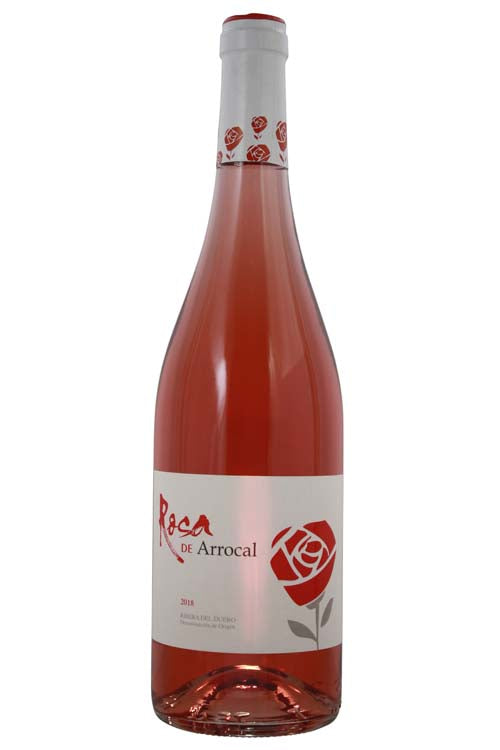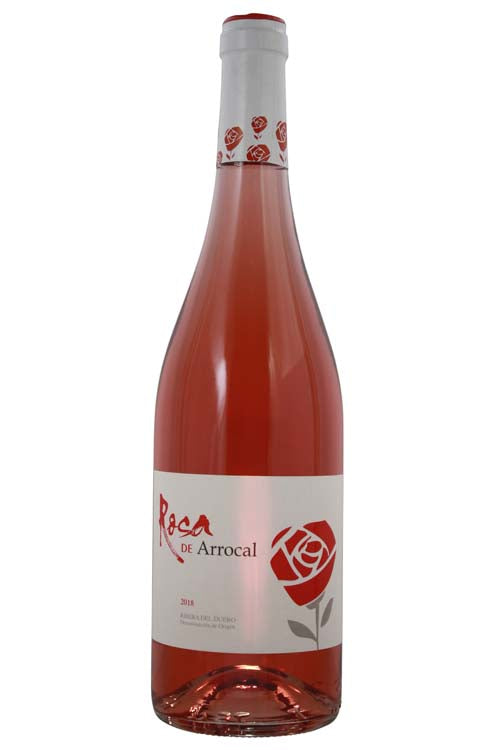1
/
of
1
Arrocal Rosa Ribera del Duero - 2022 (750ml)
Arrocal Rosa Ribera del Duero - 2022 (750ml)
Regular price
$17.99
Sale price
$17.99
Regular price
$17.99
Unit price
/
per
$25 Shipping on Orders +$299
Couldn't load pickup availability
Share :

- varietal
- Region
- Reviews
Coined by Jancis Robinson as Spain’s answer to Cabernet Sauvignon, its style varies significantly depending on terroir and the wine-making techniques used. Cooler regions and stainless steel fermentation tend to produce Tempranillos with fresh strawberry and cherry like fruit, similar in body to Pinot Noir. Examples from hotter, more arid regions that undergo extended oak aging often produce richer, plumper, jammier wines, typically exhibiting chocolate, tobacco, and leather notes. Tempranillo provides the backbone of the highly regarded wines of Rioja, Toro and Ribera del Duero. In Rioja particularly, it is typically blended with Garnacha (Grenache), Mazuelo (Carignan) and Graciano. In La Mancha and Navarra, it is commonly blended with Cabernet Sauvignon and Merlot to produce inexpensive, great-value wines. One of the few places Tempranillo has spread to is Spain’s neighbour, Portugal. Grown mainly in the Douro valley since the mid 19th century, where they call it Tinta Roriz, it is used as one of the key blending agents in port. Lately it has been used in the region's intensely rich, dry, table wines.
Ribera del Duero is situated along the Duero River on the northern plateau of the Iberian Peninsula in Northern Spain. This region experiences hot summers and harsh winters, with large temperature fluctuations from day to night. These extreme weather patterns give grapes the concentrated flavors and aromas the region has become known for. Ribera del Duero’s red wines are sourced almost entirely from the Tempranillo grape, or “Tinto Fino” as it is known in Ribera del Duero. It is not uncommon for other varieities such as Merlot, Cabernet Sauvignon and Malbec to be blended alongside Tinto Fino. These wines deliver deep colors, firm tannins and significant aging potential. Ribera del Duero has aging requirements similar to those in Rioja: “Crianza” wines must age at least two years with 12 months in oak; “Reserva” wines must age at least three years with 12 months in oak; “Gran Reserva” wines must spend five years aging with two in oak


